From TechCrunch By Frederic Lardinois
Google, together with its partner SubCom, announced that the company’s privately owned Dunant subsea cable between Virginia Beach, Virginia and Saint-Hilaire-de-Riez on the French Atlantic coast is now operational.
Google first announced this project, which was named after the first Nobel Peace Prize winner and founder of the Red Cross, Henry Dunant, back in the middle of 2018. At the time it expected the project to go live in 2020, but besides dealing with the complications of spanning a long cable between continents, the project leaders probably didn’t budget for a pandemic at the time.
The almost 4,000-mile cable has a total capacity of 250 terabits per second — or enough to transmit the “entire digitized Library of Congress three times every second” (though maybe using Library of Congress data size references is starting to feel a bit antiquated at this point?). Unlike some older cables, Dunant uses 12 fiber pairs, coupled with a number of technical innovations around maximizing its bandwidth, to achieve these numbers.
“Google is dedicated to meeting the exploding demand for cloud services and online content that continues unabated,” said Mark Sokol, senior director of Infrastructure, Google Cloud. “With record-breaking capacity and transmission speeds, Dunant will help users access content wherever they may be and supplement one of the busiest routes on the internet to support the growth of Google Cloud. Dunant is a remarkable achievement that would not have been possible without the dedication of both SubCom and Google’s employees, partners, and suppliers, who overcame multiple challenges this year to make this system a reality.”
With Dunant now being operational, the next Google cable to go live will be the Grace Hopper cable between New York and Europe, with landing sites in Bilbao, Spain and Bude, UK. Google first announced this new cable, which it is also building in partnership with SubCom, last July. It’s expected to go online in 2022 and will feature a total of 16 fiber pairs.
In addition, Google is also building the Equiano cable from South Africa to Portugal. This cable is supposed to go online later this year.
In addition to its privately owned cables, Google is also a partner in a number of consortiums that band together to build cable systems.








